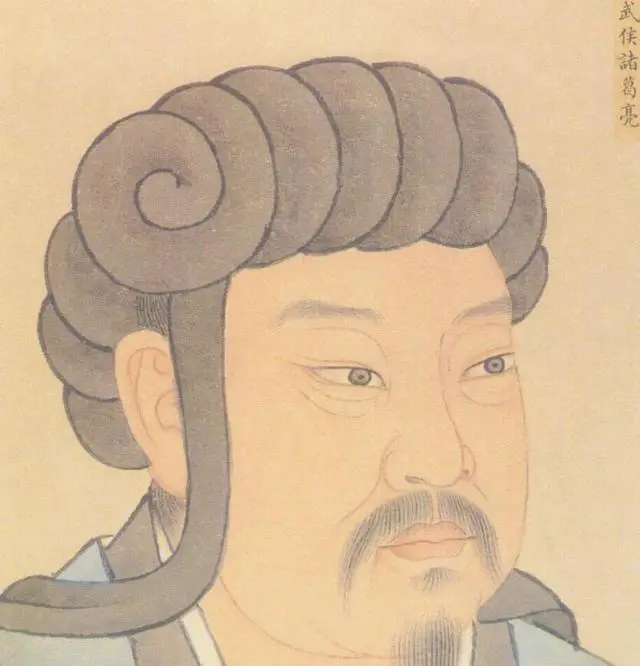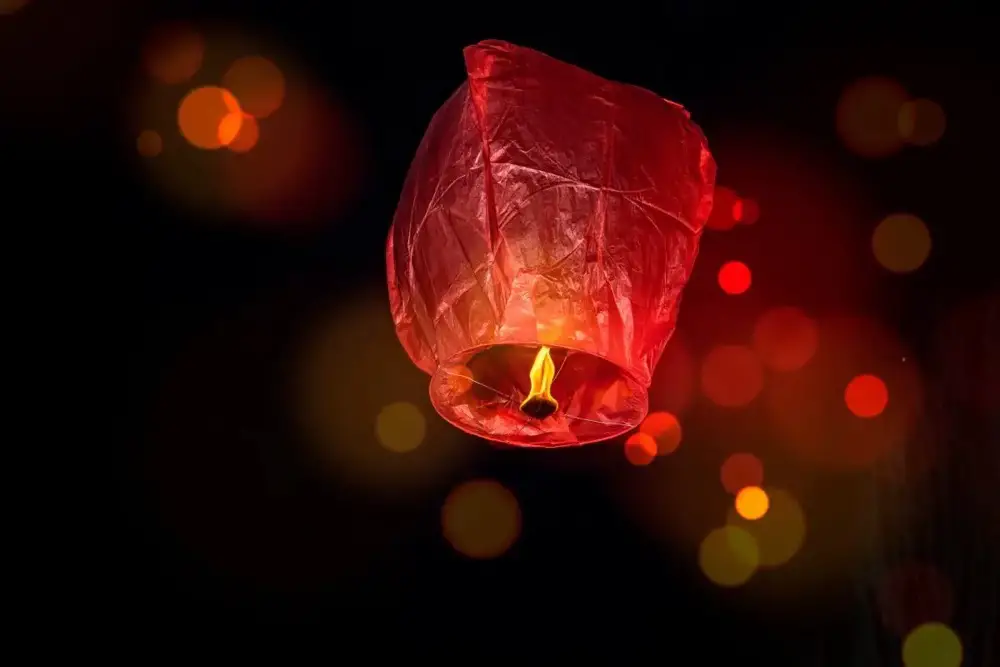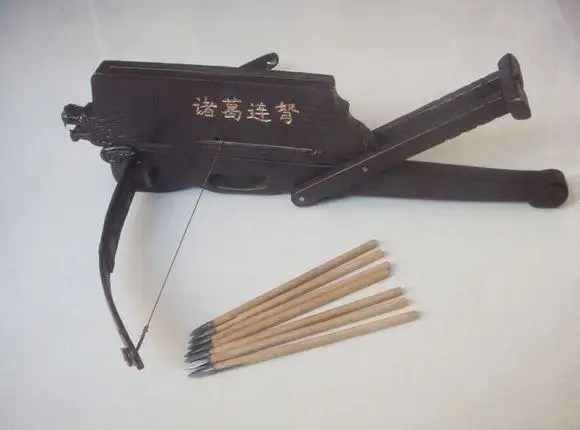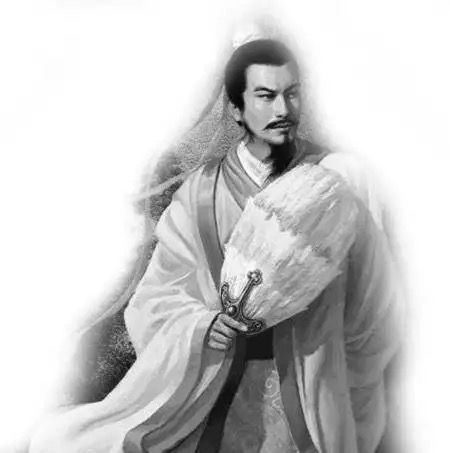China has a rich history of stellar individuals who shaped its culture, and Zhuge Liang is just as remarkable. If you’re an anime or manga fan, you’ve probably seen depictions of this legend in art like Ya Boy Kongming modern series and video games, but who is he exactly? Why is Zhuge Liang famous so many centuries after he walked this earth? Read on to discover what makes him exceptional.
Who Is Zhuge Liang

Zhuge Liang was the greatest military strategist in Chinese history whose wit is only comparable to the legendary Sun Tzu. His reputation as an intelligent and learned scholar grew even while he was living in relative seclusion, earning him the nickname “Wolong” or “Fulong”, meaning “Crouching Dragon” or “Sleeping Dragon”.He worked as a chancellor in the Shu Han Dynasty in China’s historical Three Kingdoms, where he grew his talent as a scholar, statesman, and inventor. Liang stood at eight chi tall. He lived as a recluse who embraced a minimalist life despite his decorated career and left a mark in China. For instance, his surname, Liang, is synonymous with strategy and intellect in China’s modern world.
When Was Zhuge Liang Born
Zhuge Liang, or Kongming as a courtesy name, was born in 181 AD to a man named Zhuge Gui and a mother who died when he was three. When his father died, his uncle, Zhuge Xian, took him in because of his tender age.
Where Was Zhuge Liang Born
Zhuge Liang’s birthplace is present-day Yishui, Shandong Province. According to history, the Chinese referred to this region as Yangdu County in the Langya Commandery during Liang’s tenure.
When Did Zhuge Liang Die
Zhuge Liang died in 234AD during his last expedition as a regent for the Shu dynasty after a grave illness, aged 53. Historians speculate that he fell sick between September 11 and October 10. He tried to extend his life through a ritual, but his military general interrupted it as he broke the news of an enemy’s advance.
Before his untimely death, Liang recommended the exemplary Fei Yi and Jiang Wan as his successors as regents in the Three Kingdoms. Upon his demise, the Shu Dynasty and army kept his death a secret as a strategy to deter threats from enemies who would use such news to their advantage.
Where Did Zhuge Liang Die
Zhuge Liang died at his camp in Wuzhang Plains, near modern-day Xi’an, after his combat with Sima Yi from the Cao Wei Dynasty strained his health. The Battle Of The Wuzhang Plains was the last strategy Liang executed; he secretly advised his army to retreat when he realized his death was imminent. Liang’s people buried him on Mount Dingjun and built a temple years later to keep his memory alive.
How Zhuge Liang Died
The exact nature of Zhuge Liang’s illness is unknown, but his condition worsened until he passed. Some historians believe his last expedition weakened his health and frustrated his offensive tactics.
Zhuge Liang Wife
According to Chinese folklore, Zhuge Liang married Huang Yueying, popularly known as Lady Huang, who was also a solitary scholar. Her real name is unknown, but myths refer to her skill in geography, strategy, and astronomy. These traits supposedly caught Liang’s attention. Legend has it that her father, Huang Chengyan, teased Liang into marrying her daughter for her brilliance, not her beauty.
‘I heard that you’re seeking a spouse. I have an ugly daughter with a yellow face and dark complexion, but her talent matches yours,’ Chenyang said. Perhaps he was right because Yueying supposedly veiled herself to test her suitors and see how they reacted to her alleged yellow hair and dark skin. Zhuge Liang triumphed! Folktales also highlight her role in some of Zhuge Liang’s notable inventions, such as the wooden ox.
What Did Zhuge Liang Do
Zhuge Liang led economic, legal, educational, and moral reforms during his statesman career in the Shu Dynasty. He is also known for several inventions, literary works, and notable quotes that shaped China’s literati.
What Did Zhuge Liang Invent
Kongming Lantern

Zhuge Liang invented the Kongming Lantern when Sima Yi attacked and trapped him in Pingyang during a fight. He made a miniature hot-air balloon and wrote a message on its paper to seek help as a military signal. The lantern landed in the safe hands of friendly forces, who responded accordingly. It resembles Liang’s headdress, so the Chinese named it after him.
Repeating Crossbow

Although this technology existed before, Zhuge Liang often reserves praise for its ingenuity because he improved how it works. He made adjustments that made the crossbow fire faster and farther during the Three Kingdoms era. History doesn’t specify the changes, but the Chinese believe the Zhuge Crossbow was either semi-automatic or could shoot several shots at a go.
Zhuge Liang Fan

The Chinese often depict Zhuge Liang in a Taoist robe and a signature hand fan made of crane feathers. He made the first fan from a fist of feathers he got when he encountered a mystical crane. The fan became an integral part of Chinese culture since royals used it as a gift for valiant men with righteousness, while warriors used it as weapons. His fan also features in numerous poetry works to date.
Zhuge Liang Quotes
Zhuge Liang had several notable quotes like the following.
- ‘With deference and prudence, it’s never finished until one’s death.’ The Chinese use this quote to describe commitment and perseverance to a course throughout their lifetime.
- ‘The Han and Evil do not stand together.’ This saying declares someone’s stand against vices.
- ‘Without modesty and simplicity, one cannot brighten volition. Without tranquility and serenity, one cannot reach far.’ This quote highlights two virtues that educational institutions in China fancy.
- ‘Who is the first awakened from The Great Dream? As always, I’m the one who knows.’ A famous Chinese poem uses this quote as one of its lines.
Conclusion
Zhuge Liang was an outstanding military strategist who doubled as a scholar and an inventor because of his intellect. He was born in Shandong Province and died in the Wuzhang Plains during his last attack on the Shu Dynasty’s enemies. The Chinese legend also grew famous because of inventions like the Kongming Lantern and quotes that hold to date.